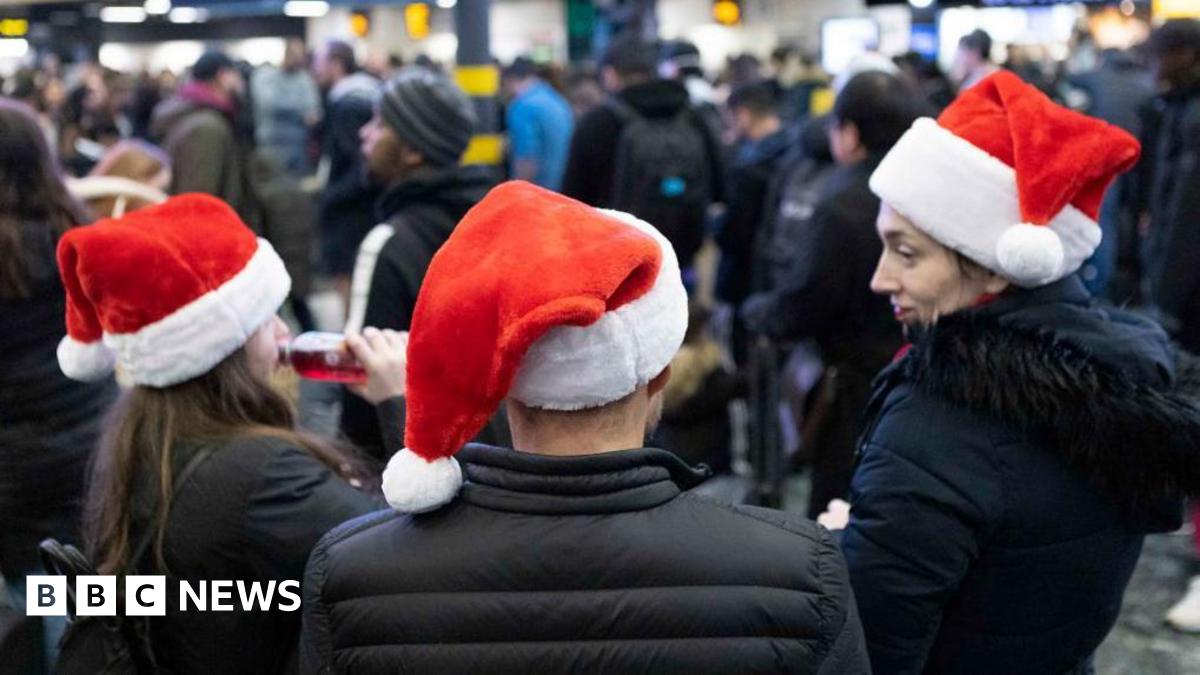A Department for Transport official told MPs that the railway system was generally “over-reliant on overtime working” for train crew, particularly around Christmas.
Many train drivers and other crew members do not have Sunday working included in their contracts, with some operators offering extra paid shifts to ensure services can run.
On Tuesday, the Rail, Maritime and Transport (RMT) union said that walkouts have been scheduled for 22, 23 and 29 December for Avanti services, after it rejected the train company’s proposals for “rest day working arrangements”.
Train managers typically work a 41-hour week but due to staff shortages can be asked to work on their days off.
The RMT has, however, described that the current arrangements as “unacceptable”, with some 300 train managers expected to walk out.
Avanti West Coast said customers would face “significant disruption” during “our busiest and most important” time of the year.
It was announced weeks after RMT members working at a number of other rail companies accepted a pay rise of 4.75% for the last financial year, and a 4.5% increase for 2024-25.
Those working for Northern, however, recently rejected the firm’s enhanced four-month pay offer for conductors working on Sundays.
As a result, passengers may see disruption across its services in December, the company said.
Lord Hendy told MPs on the Commons Transport Committee that there were worries that closures of parts of the railway over Christmas may put more pressure on others.
Britain’s rail network completely shuts down every year on Christmas Day, with a limited service on Boxing Day.
Many routes will be closed for longer during the festive period because Network Rail, which owns and maintains the railways, will be carrying out engineering work.
Lord Hendy, who chaired Network Rail from 2015 until he was brought into the Labour government, said: “Christmas is a good time to do major engineering work, because the demand is lower over several days.”
Network Rail has previously said passenger numbers at major stations typically drop by 50 to 60% during the seven days between Christmas Day and a new year compared with a week in November or early December.

